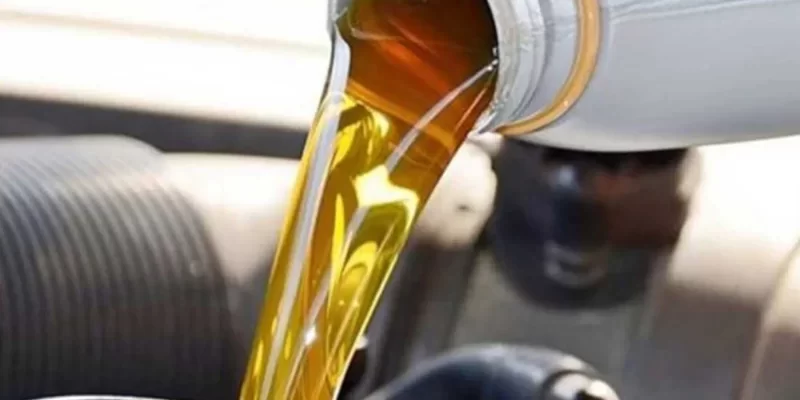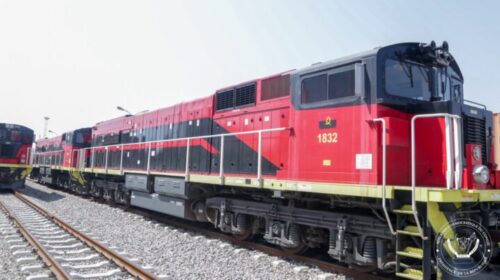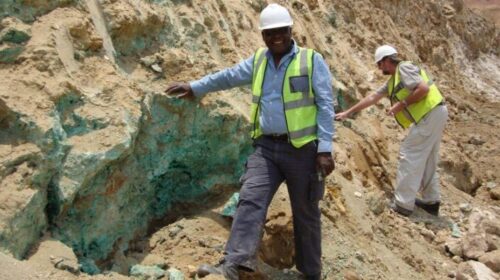DRC Govt Seeks Bank Financing to Address Critical Petroleum Supply Shortages
The Democratic Republic of Congo (DRC) continues to face significant challenges in resupplying petroleum products, posing a major headache for the government.
During the 5th meeting of the Council of Ministers on Friday, July 12, 2024, VPM and Minister of National Economy Daniel Mukoko Samba revealed that oil companies are threatened by stock shortages.
He requested government authorization to conduct a second drawing with commercial banks to mitigate the potential harm to the Congolese population.
“The information in his possession indicates that the stock level of petroleum products of commercial companies has fallen for certain products in the West zone.
To face the threat of shortage, the VPM, Minister of the National Economy requested authorization from the government to negotiate with the commercial banks of our country the opportunity to carry out a second drawing according to the same scheme used previously for an amount intended to cover the shortfall certified at the end of 2023,” reported the meeting read by Minister of PTNTIC-N Augustin Kibassa Maliba.
Earlier this year, four commercial banks—EquityBCDC, FirstBank DRC, Ecobank RDC, and Standard Bank—collaborated to finance the government’s debt to oil companies, mobilizing $123.5 million as part of a syndication action called ‘Club deal.’
This initiative, a result of synergy between these banks and the Ministries of National Economy, Hydrocarbons, and Finance, focuses on restructuring public debt and refinancing arrears of subsidies granted by the Congolese State to private companies on petroleum product prices.
These advances aim to consolidate and rationalize oil subsidies for more efficient and transparent management of public financial resources.
Recent measures are inspired by recommendations from a 2022 audit of the Petroleum Product Price Structure (SPPP) conducted by Mazars, with conclusions published in May 2023.
Since April 2022, the government has implemented proactive measures to control public spending, including excluding the international aviation sector from the subsidy system. In October 2023, this rationalization extended to the mining sector, representing nearly 20% of shortfalls.
The long-term goal is to gradually align market and retail prices of petroleum products, eliminating the need for structural subsidies, according to the government.
The creation of a new parafiscal system and mobilization of substantial funds from local banks to refinance part of the subsidy arrears reflect the government’s commitment to restoring confidence in the oil sector, stated the Ministry of Finance. This initiative, supported by the consortium of aforementioned banks, helps prevent any fuel supply disruptions.
For years, the government has subsidized a large portion of the cost of fuel at the pump to preserve consumers’ purchasing power amid soaring international petroleum prices.
The International Monetary Fund (IMF), in a program supported by the Extended Credit Facility (ECF) with the Congolese government, has urged reform of this subsidy system to limit costs and replace it with targeted aid for the most needy households.
“On the expenditure side, efforts must continue to direct them towards those most useful to the population, such as expenditure on health, education, and investments in essential infrastructure,” said Mercedes Vera-Martin and Gabriel Léost, IMF mission head for the DRC and former Resident Representative in the DRC for the IMF, respectively, in an op-ed on ACTUALITE.CD.
95 total views , 1 views today





